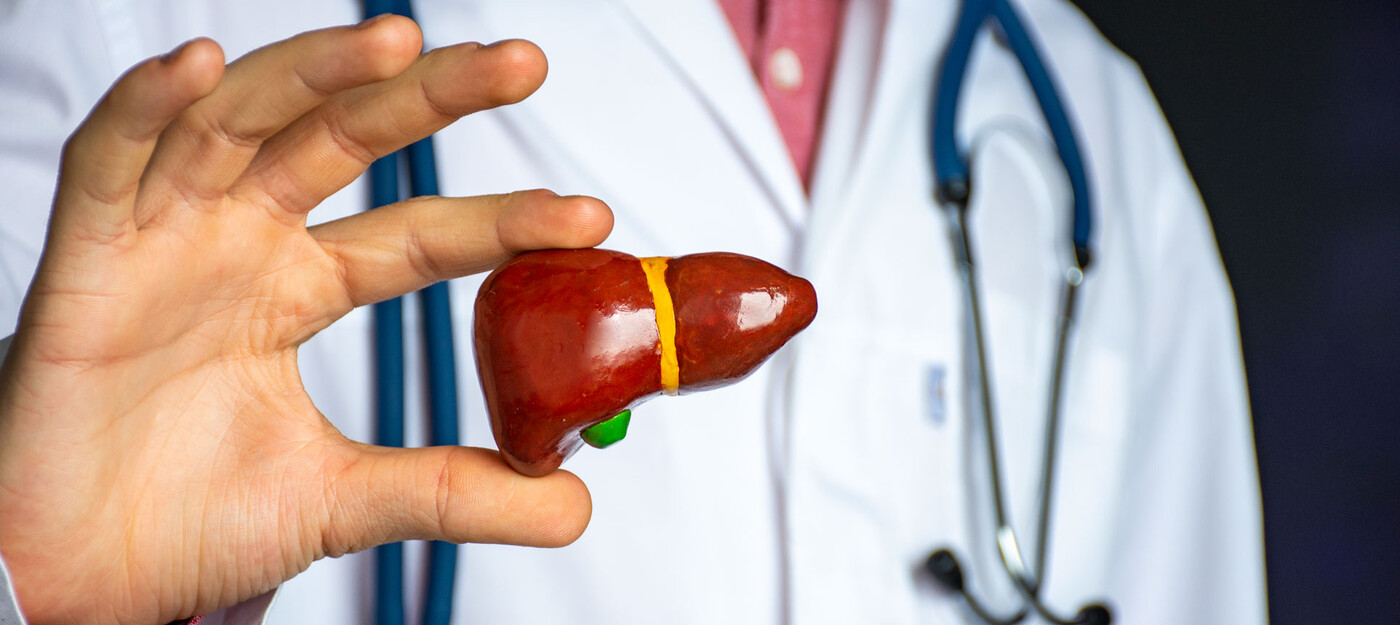Hepatitis B-Positive Liver Donations Offer New Transplant Option
Shorter Wait Times for Liver Transplant Patients with Low MELD Scores

People who have end-stage liver disease and are waiting for a transplant have a new life-saving option: receiving a liver from a hepatitis B-positive donor. The procedure is the same as for a traditional transplant, and afterward recipients take a daily medication to suppress an infection that might develop. “My patients who have received hep B-positive livers have no evidence of active infection,” said Carl Berg, MD, a transplant hepatologist at Duke Health, one of the few centers in the U.S. performing transplants with hepatitis B-positive livers. “The suppression is working well, and these patients are transplanted much faster than they would be otherwise.”
MELD Purgatory Slows Time to Transplant
Your spot on the national liver transplant waitlist is largely determined by your "model for end-stage liver disease" or MELD score, which measures the severity of your condition. In theory, the higher the number, the sicker you are and the faster you will receive a donor organ. The problem, explained Dr. Berg, is that some patients are much worse off than what their MELD score indicates, and their health often declines as they wait for a liver transplant. “They're in what we call MELD purgatory,” he said. “They're sick, but their score doesn't reflect their degree of sickness, and they have no way of gaining priority on the waitlist.”
Liver Donation Alternatives Shorten Wait Times
Dr. Berg and his Duke colleagues are working tirelessly to tackle this problem. They want to minimize the risk of severe complications and death among people on the waitlist, particularly those with low MELD scores who might wait years for a transplant. To that end, Duke was an early adopter of using livers from hepatitis C-positive donors in patients without the disease. Because hepatitis C is now curable with oral medication, recipients do not have to worry about the virus damaging their new liver. To further expand the donor pool, Duke also offers HIV-positive liver transplants -- in which a recipient who has HIV gets a liver from an HIV-positive donor -- as well as split liver and living-donor transplants.
One Pill a Day Suppresses Hep B Infection
Recently, Duke became one of the first centers in the U.S. to transplant hepatitis B-positive livers in recipients with or without the disease. Taking daily medication suppresses any hepatitis B infection that might develop and allows for a successful transplant. If you are a candidate for this procedure, Dr. Berg’s team will explain the risks and benefits, and you must provide your consent to be eligible.
Healthy Hep B Livers Allow More Duke Patients to Get to Transplant Faster
Because this option isn’t available at many hospitals, Duke has access to otherwise healthy livers that aren’t being allocated to other patients, Dr. Berg explained. This is a big win for people who need a liver transplant, but especially for those ranked low on the national waitlist. “Many of my patients might still be waiting if we hadn't been able to take advantage of hepatitis B organs,” he said. “But now they’ve been transplanted successfully and have turned their health and lives around.”



